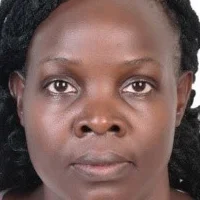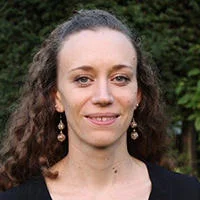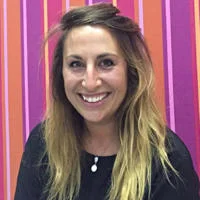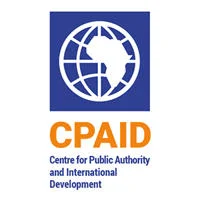Living the Everyday
Health-seeking in times of sickness and epidemics at Uganda's borders
LSE Principal Investigtor: Tim Allen
Co-investigator: Grace Akello
Co-investigator: Georgina Pearson
Post-doctoral researcher: Liz Storer
Project associate: Jimmy Odaga

Living the Everyday principally addressed how social relations and everyday life affect knowledge and the management of sickness. The project contributed to policy approaches focused on containing epidemic diseases, including Ebola, across national borders.
How can we better understand health-seeking practices along the borders of Uganda-DRC and Uganda-South Sudan?
Based in the West Nile sub-region of Uganda, research was conducted on the borders of Uganda-Democratic Republic of Congo and Uganda-South Sudan. These borders came to the attention of international experts, under the guise of Ebola-preparedness efforts, following the spread of the epidemic from North Kivu, DRC. Little was known about everyday social relations, movement and health-seeking in and across these spaces. In response, Living the Everyday employed the Institute’s extensive interdisciplinary expertise in the region, and developed new partnerships, to provide much needed perspectives on health-seeking.
Researchers

Tim Allen
Tim Allen is Director of the Firoz Lalji Institute for Africa and Professor of International Development at LSE.
Email: t.allen@lse.ac.uk

Grace Akello
Dr Grace Akello is a Visiting Professor at the Firoz Lalji Institute for Africa and researcher at Gulu University. Grace focusses on how young people in complex emergencies and the context of HIV/AIDS prioritise and manage their health complaints.
Email: akellograce@hotmail.com

Georgina Pearson
Georgina was a research fellow on the LEAD Project and is a Clinical Lecturer in Public Health in the Population Health Research Institute at St George’s, University of London. She leads the project research on the Uganda-South Sudan border.
Email: g.f.pearson@lse.ac.uk

Dr Liz Storer
Dr Liz Storer led the project research on the Uganda-DRC border.
Email: E.Storer@lse.ac.uk
Photo credit: UN Photo/Martine Perret



